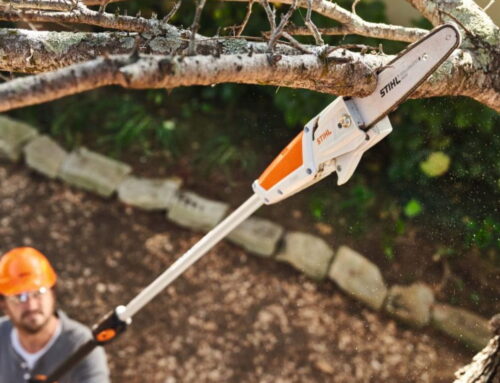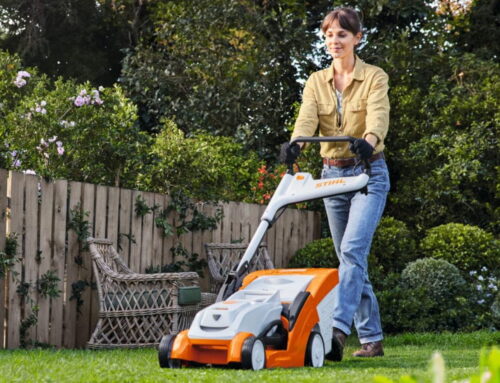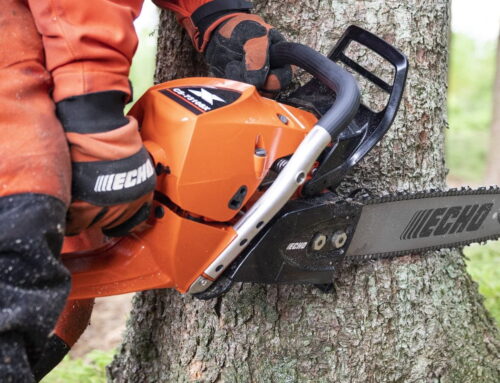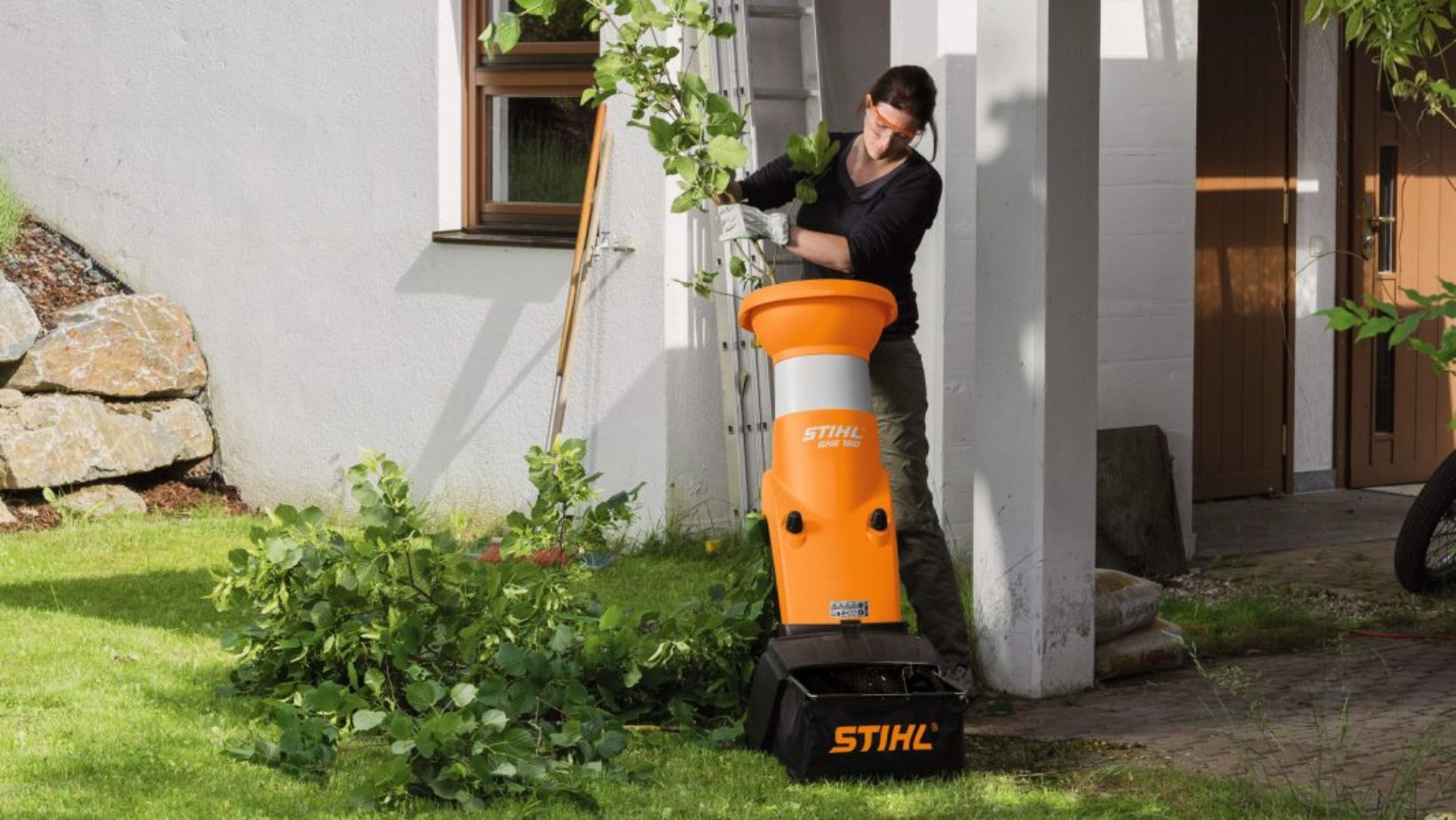
TLDR: Sort green vs non-green waste; compost or grass-cycle greens; reuse leaves, wood chips, logs; use council brown bins or recycling centres; hire a skip for big jobs; donate usable items; dispose hazardous chemicals at designated facilities.
How to Get Rid of Your Garden Waste Effectively
If you’ve ever asked yourself, ‘How can I get rid of garden waste?’ then you’re not alone. Whether you’re trimming hedges, mowing the lawn, or embarking on a large garden renovation, getting rid of garden waste efficiently and sustainably is an important consideration. Many homeowners struggle with what to do about getting rid of garden rubbish, often resorting to landfill disposal without realising there are more eco-friendly alternatives.
This guide will help you explore the best ways to get rid of garden waste, from composting and council collections to recycling and reusing materials. By following these methods, you can keep your garden tidy while reducing your impact on the environment.
Understanding Garden Waste
 Before choosing a disposal method, it’s helpful to understand the different types of garden waste and how they can be managed.
Before choosing a disposal method, it’s helpful to understand the different types of garden waste and how they can be managed.
Green Garden Waste
This includes organic materials such as grass clippings, leaves, twigs, pruning waste, plant cuttings, and fruit or vegetable scraps. These materials are biodegradable and can be composted or repurposed in various ways.
 Non-Green Garden Waste
Non-Green Garden Waste
Non-green waste consists of items like concrete, stones, bricks, treated wood, plastic plant pots, and old garden furniture. Since these materials do not decompose naturally, they require alternative disposal methods such as recycling, donation, or professional waste removal services.
By understanding the distinction between these types of waste, you can determine the best way to get rid of garden waste in an environmentally responsible manner.
The Best Ways to Get Rid of Garden Waste
Composting: The Most Sustainable Option
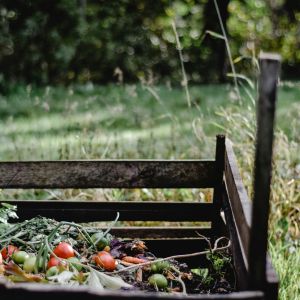 One of the best ways to get rid of garden waste is through composting. It’s a simple and effective way to recycle grass cuttings, leaves and plant trimmings into nutrient-rich compost that can be used to enhance your garden’s soil quality. To start composting, all you need is a designated compost bin or heap where you can layer green waste with brown waste like twigs and dry leaves. Over time, microorganisms break down the waste into a natural fertiliser.
One of the best ways to get rid of garden waste is through composting. It’s a simple and effective way to recycle grass cuttings, leaves and plant trimmings into nutrient-rich compost that can be used to enhance your garden’s soil quality. To start composting, all you need is a designated compost bin or heap where you can layer green waste with brown waste like twigs and dry leaves. Over time, microorganisms break down the waste into a natural fertiliser.
For those looking for an even simpler approach, consider grass recycling – leaving grass clippings on the lawn after mowing, allowing them to decompose naturally and return essential nutrients to the soil.
How Can I Get Rid of My Garden Waste Creatively?
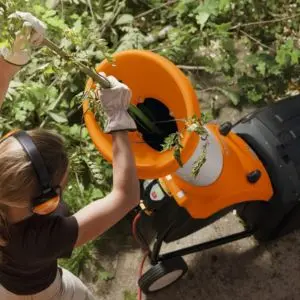 Reusing garden waste can save time and effort while benefiting your outdoor space. Fallen leaves can be turned into leaf mould, an excellent soil conditioner. Simply collect the leaves in a compost sack or bin bag, leave them to decompose for about two years, and you’ll have a natural mulch perfect for your flower beds.
Reusing garden waste can save time and effort while benefiting your outdoor space. Fallen leaves can be turned into leaf mould, an excellent soil conditioner. Simply collect the leaves in a compost sack or bin bag, leave them to decompose for about two years, and you’ll have a natural mulch perfect for your flower beds.
Wood chips are another fantastic way to reuse pruned branches and small logs. If you have access to a wood chipper, you can create mulch that helps retain soil moisture and suppress weeds. Fresh wood chips can also be used to form pathways or decorative ground cover around trees and shrubs.
Larger logs and tree trunks can be repurposed for garden borders, rustic seating areas, or even wildlife habitats. If you have leftover paving slabs or bricks, consider using them to build pathways, garden edging, or small retaining walls.
Where Can I Get Rid of Garden Waste?
 Brown Bin Collection
Brown Bin Collection
If composting and repurposing are not viable options, arranging a regular council collection is a convenient alternative. Many councils offer a brown bin service where garden waste is collected from your home and taken to large-scale composting facilities. There may be an initial fee for obtaining the bin, followed by a small annual charge for regular pick-ups.
This option is ideal for routine garden maintenance and ensures that organic waste is processed in an environmentally responsible manner.
Taking Garden Waste to a Recycling Centre
For larger amounts of garden rubbish, a trip to your local recycling centre might be necessary. Many recycling centres have designated areas for green waste disposal, where it is processed into compost or mulch for agricultural and horticultural use. This is a great way to ensure that waste does not end up in landfills.
Before heading to the recycling centre, check their guidelines regarding what types of garden waste are accepted. Some sites may accept soil and rubble, while others may have restrictions.
 Hiring a Skip for Large-Scale Waste Removal
Hiring a Skip for Large-Scale Waste Removal
If you’re undertaking a major garden clearance project, such as removing an old patio, cutting down large trees, or landscaping your entire garden, hiring a skip is a practical solution. Skips come in various sizes and can accommodate branches, soil, old decking, and other bulky materials.
When hiring a skip, ensure you choose a reputable waste disposal company that recycles garden waste whenever possible. If a skip isn’t feasible, a professional waste clearance service can collect and dispose of garden waste responsibly.
 Donating or Advertising Your Garden Waste
Donating or Advertising Your Garden Waste
Before discarding garden materials, consider whether someone else might find them useful. Logs, paving slabs, topsoil, and even excess plants can be advertised on local social media groups, Freecycle, or gardening forums for free collection. Many gardeners, DIY enthusiasts and allotment owners are happy to take unwanted garden materials off your hands.
This is a cost-effective and eco-friendly way to get rid of garden waste while helping others in your community.
 Safe Disposal of Hazardous Garden Waste
Safe Disposal of Hazardous Garden Waste
Certain garden materials require careful disposal due to their potentially hazardous nature. Weed killers, pesticides, herbicides, fertilisers and fuel for lawnmowers should never be poured down the drain or included in regular waste bins. Always check product labels for disposal instructions or take them to a designated hazardous waste facility.
To minimise the need for hazardous waste disposal, try to use up garden chemicals completely and only purchase the exact amount you need. If you have leftover products, check with local recycling centres or hazardous waste disposal services to ensure they are handled properly.
Create a Cleaner, Greener Garden and Healthier Environment
 Disposing of garden waste responsibly is essential for maintaining a clean, green outdoor space while reducing environmental impact. The best way to get rid of yard waste depends on the type and quantity of waste you have. Composting and reusing materials are ideal for sustainability, while council collections, recycling centres and skip hire provide practical disposal solutions.
Disposing of garden waste responsibly is essential for maintaining a clean, green outdoor space while reducing environmental impact. The best way to get rid of yard waste depends on the type and quantity of waste you have. Composting and reusing materials are ideal for sustainability, while council collections, recycling centres and skip hire provide practical disposal solutions.
If you’re unsure where to get rid of garden waste, consider contacting your local council or researching nearby recycling facilities. By adopting eco-friendly waste management practices, you can keep your garden looking great while minimising waste and contributing to a healthier environment.


